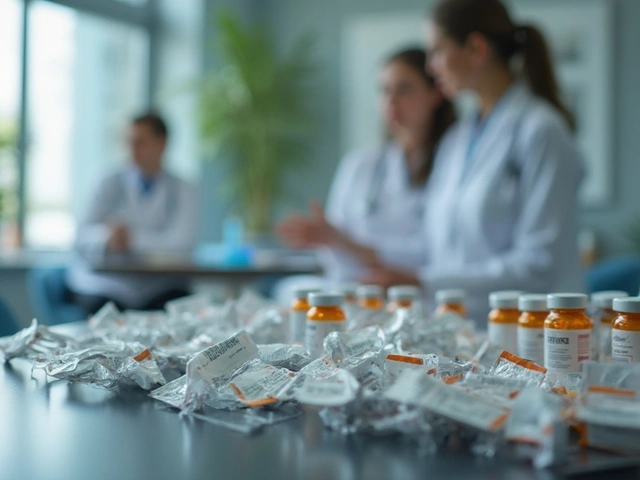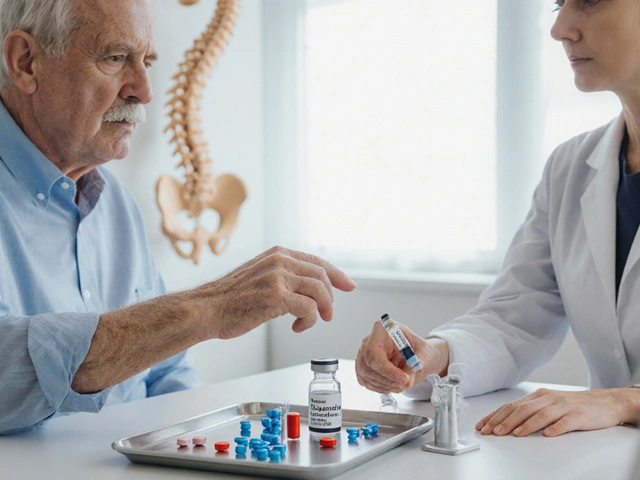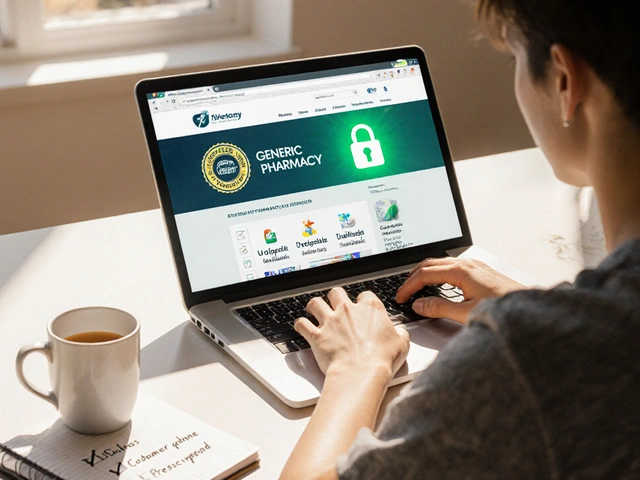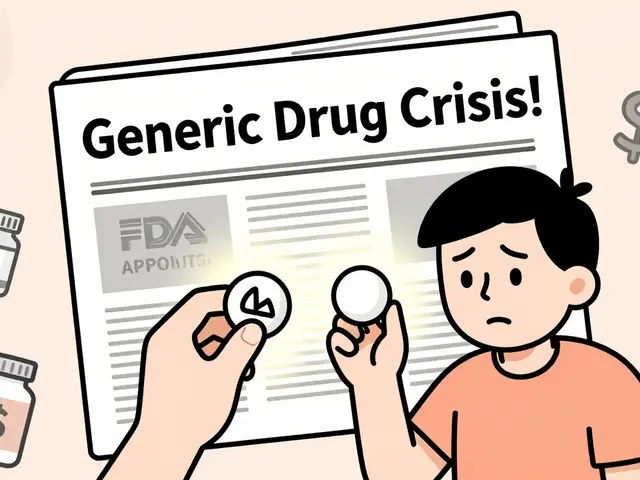Precautions: How to Use Medicines Safely — Interactions, Side Effects, and Buying Online
Medications help a lot, but they can also cause harm when used wrong. This page pulls together clear, practical precautions you can use right now: how to avoid bad interactions, what to check before you buy meds online, and simple rules for safer use at home.
Before you start any drug, ask three quick questions: Do I need a prescription? Am I allergic to anything related? Could this interact with my other medicines or supplements? If you can’t answer these, call your doctor or pharmacist. Keep a current list of every drug, vitamin, and herb you take and share it at every appointment.
Check for interactions and side effects
Drug interactions are common. Combining an antidepressant with certain pain meds, or mixing blood thinners with nonsteroidal anti-inflammatories, can cause real problems. Use a reliable interaction checker or ask a pharmacist. Watch for warning signs like sudden bleeding, severe dizziness, rash, breathing trouble, or muscle pain — those need urgent help. If a side effect starts mild, don’t ignore it; call a healthcare pro before deciding to stop the medicine.
Dose matters. Follow the exact dose and timing your prescriber gives. Taking more because you feel worse, or skipping doses and doubling later, changes how the drug works and raises risk. For kids, elderly people, and those with kidney or liver problems, doses often need adjusting — confirm with a clinician.
Buying medicines online safely
Shopping online for meds is normal, but risky sites sell fake or expired drugs. Only use pharmacies that require a prescription for prescription drugs and show clear contact details and a licensed pharmacist. Look for security markers like a real business address and phone number, and avoid sites that offer controlled drugs without a prescription. If the price seems too good to be true, it probably is.
When your package arrives, check the seal, expiry date, and packaging. If pills look different from what you’ve had before, don’t take them until a pharmacist checks them. Keep receipts and take photos of suspicious packaging — you may need them to report a scam.
Storage and disposal matter. Store meds in their original container away from heat and moisture unless the label says otherwise. Keep them out of reach of children. Expired or unused medicines should be returned to a pharmacy take-back program or disposed of following local guidance — don’t flush most meds down the toilet.
Final quick rules: read the label, use a single pharmacy so records stay consistent, ask questions when you’re unsure, and report serious side effects. Small checks now prevent big problems later. If anything feels off, get professional advice — fast.
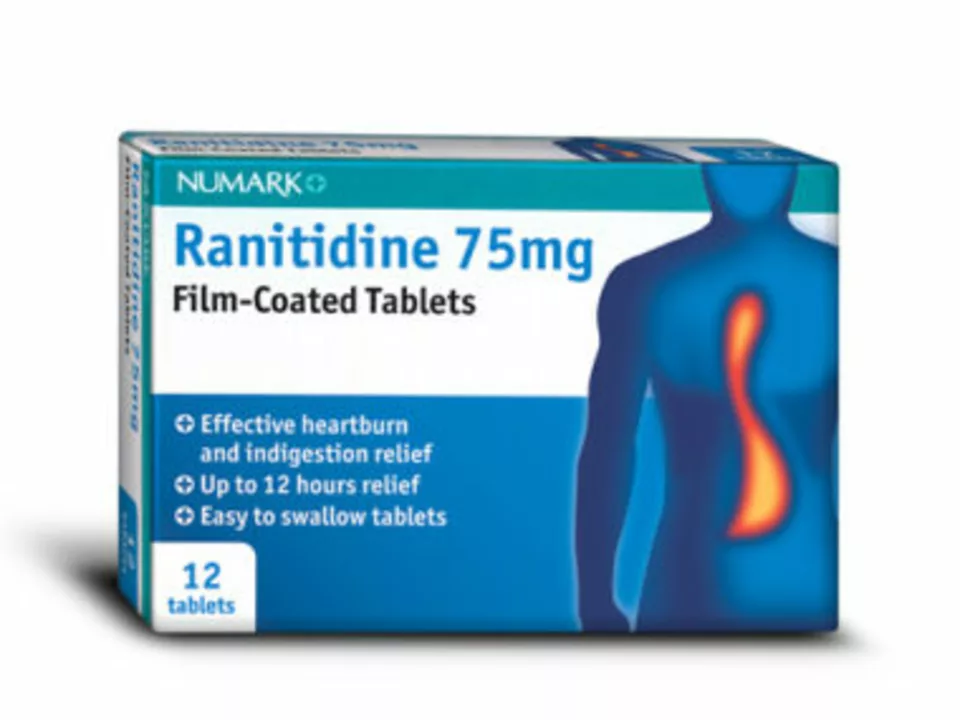
As a blogger, I've recently been researching Ranitidine and its potential effects on kidney function. It's important for us to understand that Ranitidine, a common medication for acid reflux, has been linked to a higher risk of kidney damage in some studies. While not everyone who takes Ranitidine will experience this side effect, those with pre-existing kidney issues should be cautious and consult their doctor. Additionally, it's crucial to monitor your kidney function if you're using this medication for an extended period. Remember, always consult your healthcare provider if you have concerns about your medications and their potential side effects.


